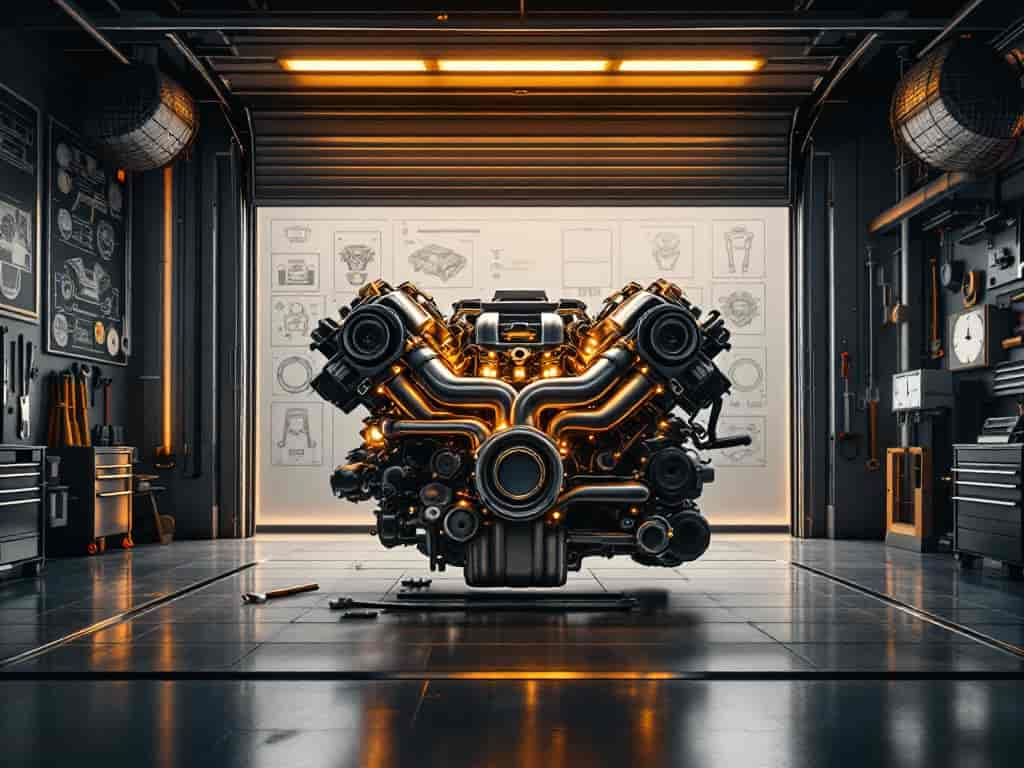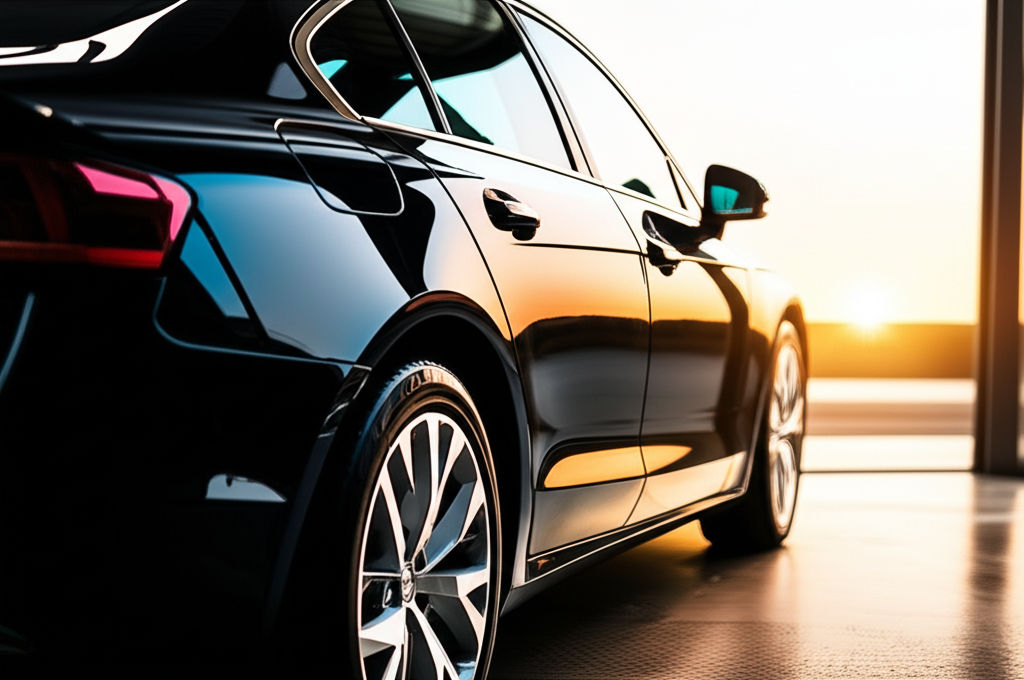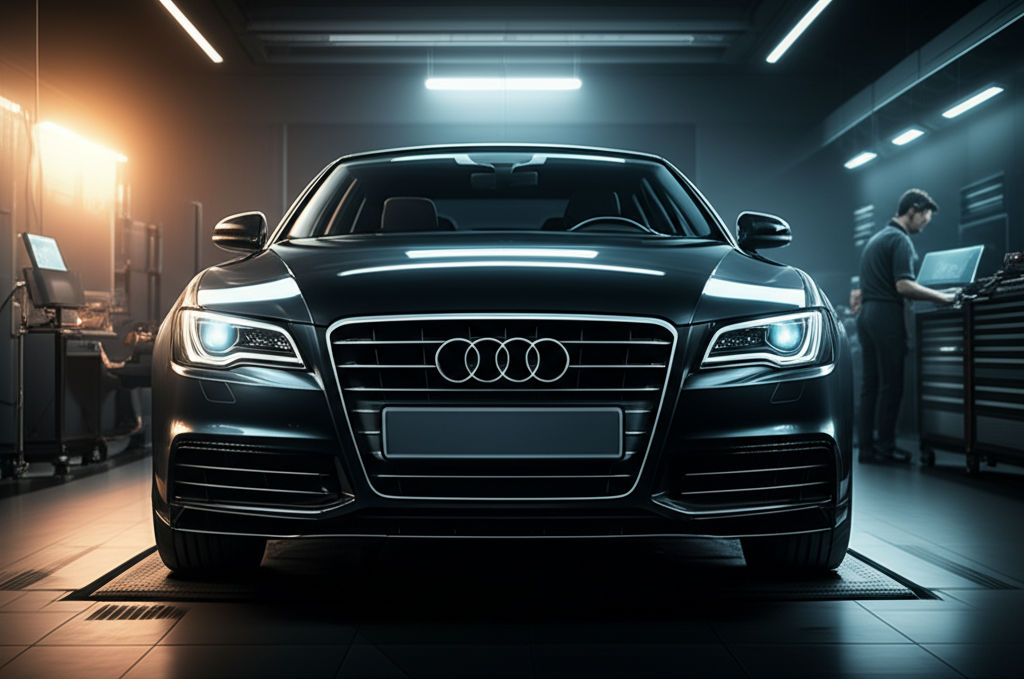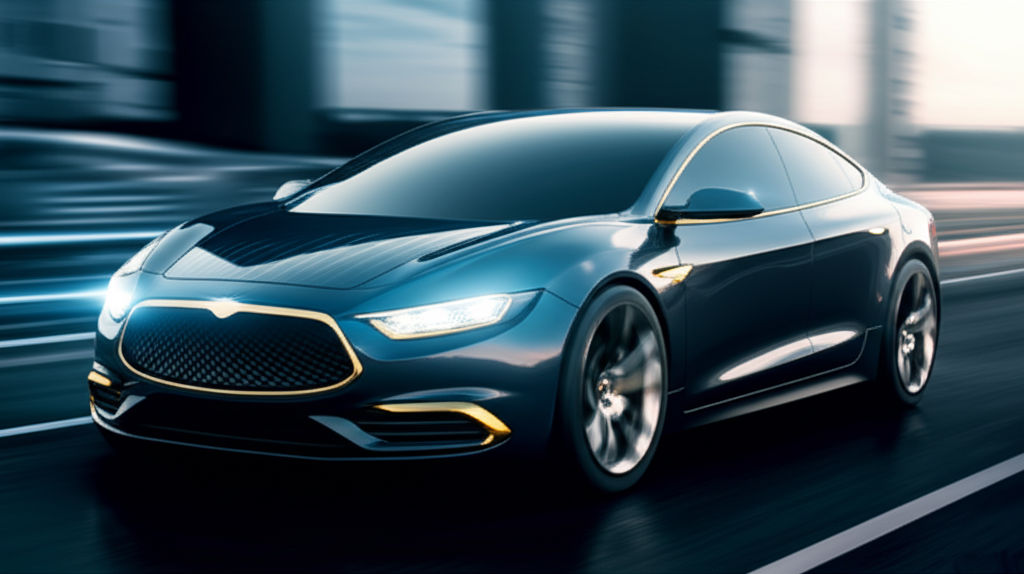Understanding Car Engines: Types & Their Benefits
Ellie Moore

Photo: Understanding Car Engines: Types & Their Benefits
Understanding Car Engines: Types & Their Benefits
Cars are a marvel of modern engineering, and at the heart of every vehicle lies its engine the powerhouse that drives it forward. Understanding car engines isn't just for mechanics or car enthusiasts it benefits anyone looking to make informed decisions about vehicle ownership, maintenance, or upgrades. This guide explores different types of car engines, their benefits, and practical insights to help you navigate the complex world of automotive technology.
What Is a Car Engine and Why Does It Matter?
A car engine is a complex machine designed to convert fuel into mechanical energy, powering the vehicle. It serves as the "heart" of the car, influencing performance, fuel efficiency, and environmental impact. Knowing the types of engines can empower you to select the right vehicle for your needs and maintain it effectively.
Types of Car Engines
Engines are categorized by several factors, including their fuel type, configuration, and technological advancements. Here's a breakdown of the most common types:
1. Internal Combustion Engines (ICEs)
Internal combustion engines are the traditional choice found in most vehicles today. They burn fuel (gasoline or diesel) within the engine's cylinders, creating energy to power the car.
Advantages of ICEs:
- Widespread Availability: ICEs dominate the automotive market, ensuring easy access to parts and services.
- Cost-Effective: Typically less expensive than alternative engine types.
- Performance: Offers robust power and torque, making them ideal for a range of vehicles from compact cars to heavy-duty trucks.
Subtypes of ICEs:
- Gasoline Engines: Known for smooth operation and higher RPMs, ideal for passenger vehicles.
- Diesel Engines: Renowned for durability and fuel efficiency, especially in trucks and SUVs.
2. Electric Motors
Electric motors are a cornerstone of electric vehicles (EVs). Instead of relying on combustion, they draw power from a battery pack to drive the vehicle.
Benefits of Electric Motors:
- Eco-Friendly: Zero tailpipe emissions, reducing environmental impact.
- Low Operating Costs: Cheaper to charge and maintain compared to ICEs.
- Instant Torque: Delivers rapid acceleration and a smooth driving experience.
Pro Tip: If you're considering an EV, check for the availability of charging stations in your area and the range capabilities of the model you're eyeing.
3. Hybrid Engines
Hybrid engines combine the best of both worlds by pairing an internal combustion engine with an electric motor. They seamlessly switch between the two power sources for optimal efficiency.
Why Choose a Hybrid?
- Fuel Efficiency: Consumes significantly less fuel, especially in urban settings with frequent stops and starts.
- Lower Emissions: Offers a more eco-friendly alternative to traditional ICEs without requiring full reliance on electricity.
- Versatility: Perfect for those seeking a balance between performance and sustainability.
4. Turbocharged and Supercharged Engines
Turbocharged and supercharged engines are designed for performance enthusiasts. Both use forced induction to boost engine power, but they differ in how they achieve this. Turbochargers use exhaust gases, while superchargers rely on the engine's power.
Advantages:
- Enhanced Performance: Delivers more power without increasing engine size.
- Fuel Efficiency: Increases power output while maintaining or even improving fuel economy.
5. Hydrogen Fuel Cell Engines
A newer and innovative option, hydrogen fuel cell engines generate electricity through a chemical reaction between hydrogen and oxygen.
Key Benefits:
- Zero Emissions: Only water vapor is emitted.
- Quick Refueling: Hydrogen tanks can be filled as quickly as a gasoline tank.
- High Efficiency: Converts fuel into energy more effectively than ICEs.
Key Factors to Consider When Choosing a Car Engine
When selecting a vehicle, understanding your priorities can guide you toward the right engine type. Consider these factors:
- Fuel Efficiency: If saving on fuel costs is a priority, look for hybrid or electric engines.
- Performance Needs: For those who value speed and acceleration, turbocharged or supercharged engines are ideal.
- Environmental Impact: Electric motors and hydrogen fuel cells are the greenest options.
- Cost and Maintenance: Evaluate initial costs and long-term maintenance expenses for each engine type.
Maintaining Your Car Engine for Longevity
Regardless of the engine type, regular maintenance is key to ensuring optimal performance and extending the vehicle's lifespan. Here are some practical tips:
- Follow the Manufacturer's Schedule: Stick to the recommended service intervals for oil changes, filter replacements, and tune-ups.
- Monitor Fluid Levels: Check oil, coolant, and transmission fluids regularly to avoid engine damage.
- Inspect Belts and Hoses: These components can wear out over time, leading to costly repairs if not addressed promptly.
- Drive Smart: Avoid aggressive driving and overloading your vehicle to minimize engine strain.
Emerging Trends in Car Engine Technology
The automotive industry is constantly evolving, with new technologies reshaping how engines operate. Here are some exciting developments:
- Mild-Hybrid Systems: Combines a small electric motor with ICEs for improved efficiency.
- Variable Compression Engines: Adjusts compression ratios on the fly for enhanced performance and fuel economy.
- Solid-State Batteries: Promises higher energy density and faster charging for electric vehicles.
These advancements not only improve efficiency but also align with global sustainability goals.
FAQs About Car Engines
1. Which engine type is best for fuel efficiency?
Hybrid and electric engines offer superior fuel efficiency compared to traditional ICEs.
2. Are electric cars more expensive to maintain?
No, electric vehicles generally have fewer moving parts, leading to lower maintenance costs over time.
3. Can turbocharged engines handle daily driving?
Yes, modern turbocharged engines are designed for reliability and can handle everyday use without issues.
4. How do I know if my car engine needs repair?
Common signs include unusual noises, reduced performance, and warning lights on your dashboard. Regular inspections can help detect issues early.
Final Thoughts and Call-to-Action
Understanding car engines isn't just about technical jargon it's about finding the right fit for your lifestyle, budget, and environmental values. Whether you're looking to buy a new car or maintain your current vehicle, knowledge about engine types and benefits can empower you to make smart decisions.
If you found this article helpful, don’t forget to share it with friends or leave a comment below with your thoughts or questions. For more insights into car technology and maintenance, explore our other guides and stay informed!
Finance & Investment
View All
April 19, 2025
Snap Finance Customer Service HelpBoost rankings & trust with expert SEO content. Discover how Google's E-E-A-T framework guides valuable, authoritative, and trustworthy online success.
Ellie Moore

January 24, 2025
Entrepreneurial Mindset for BeginnersLearn the basics of developing an entrepreneurial mindset. Start your journey to business success today!
Ellie Moore

May 28, 2025
VW Finance Deals and OffersMaster expert SEO content to boost rankings & engage readers. Discover strategies to create authoritative, trustworthy articles that satisfy E-E-A-T.
Ellie Moore

March 24, 2025
Minimize Risk with Dollar-Cost AveragingLearn how dollar-cost averaging helps you minimize investment risks and stay consistent in volatile markets. Start building wealth the smart way today!
Ellie Moore

June 22, 2025
Trade Finance Explained for BeginnersMaster SERP rankings with expert SEO content. Learn to create valuable, authoritative, and trustworthy content that satisfies users & search engines.
Ellie Moore

April 23, 2025
Bajaj Finance Share Price UpdateMaster expert SEO content to rank higher, build authority, and drive conversions. Discover the blueprint for valuable, E-E-A-T-compliant content.
Ellie Moore
Insurance
View AllConcerned about rising auto costs? Discover how to get premium auto insurance quotes for optimal coverage, maximum savings, and financial peace of mind.
Ellie Moore
Safeguard your condo investment! Understand essential HO-6 insurance to cover property, liability, and HOA master policy gaps.
Ellie Moore
Secure your assets & optimize risk management with Premium Bristol West Insurance. Get comprehensive auto coverage, quotes, and essential protection today.
Ellie Moore
Navigate American Family Insurance options with confidence. Find optimal coverage, understand pricing, and secure peace of mind for your evolving needs.
Ellie Moore
Learn how gig workers can protect themselves with insurance solutions designed for freelance and flexible work.
Ellie Moore
Find top-rated home insurance to protect your biggest investment. Get insights on best rates, comprehensive policies, and efficient claims for peace of mind.
Ellie Moore
Education
View AllIs a college degree still worth it? Dive into a detailed analysis of the ROI on higher education, including costs, benefits, and future prospects.
Read MoreUnderstand the causes, effects, and potential solutions to the student loan debt crisis. Learn what can be done to ease this financial burden.
Read MoreMicro-credentials are on the rise! Discover how they provide fast, focused skills for today’s learners and reshape education.
Read MoreHelp students develop a love for learning! Discover effective ways to foster a growth mindset in students and promote lifelong success.
Read MoreLearn effective classroom strategies to manage ADHD. Discover how teachers can support students with ADHD for better learning outcomes.
Read MoreResearch universities play a key role in advancing knowledge. Explore how they drive innovation, discovery, and societal progress.
Read MorePopular Post 🔥
View All
1
2
3
4
5
6
7
8
9
10
Health






Automotive
View All
September 9, 2025
Exclusive Automotive Service For Premium Cars
Discover why exclusive automotive service is essential for your premium car. Protect your investment, maintain peak performance, and ensure specialized care.

February 4, 2025
Tire Care Guide: Boost Tire Life & Performance
Maximize tire life with essential tire care tips! Learn how proper maintenance improves performance and ensures safety on every drive.

July 31, 2025
Innovative Automotive Concepts Changing The Industry
Explore how innovative automotive concepts, from EVs to AI, are transforming mobility for a safer, cleaner, and smarter future.

February 16, 2025
Urban Mobility Trends: E-Bikes, Scooters & More
Explore the future of urban mobility with e-bikes, scooters, and microcars. Learn how these trends are transforming city transportation.

August 3, 2025
Automotive Seam Sealer Tape Preparation Tips
Unlock automotive longevity! Learn essential seam sealer tape prep tips to prevent rust & ensure lasting vehicle protection.

August 13, 2025
1st Choice Automotive Reliable And Fast Repairs
Need fast, reliable auto repairs? 1st Choice Automotive offers trusted service with certified technicians & advanced diagnostics for quality care.

















